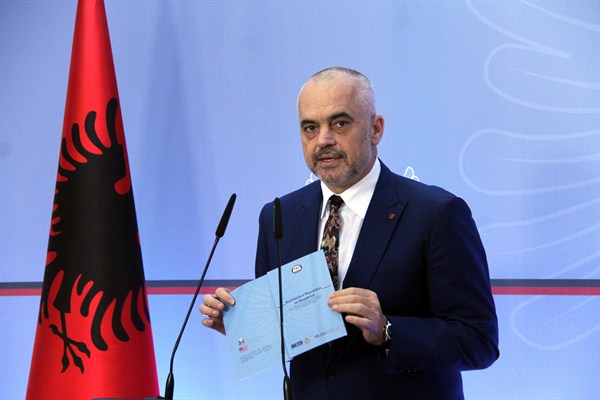Last month, Albania’s parliament approved a judicial reform package meant to curb corruption and patronage that was prepared with the assistance of experts from the United States and the European Union. In an email interview, Agron Alibali, a special counsel for Frost and Fire Consulting in Tirana, discusses the judicial reforms.
WPR: What are the problems facing Albania’s judiciary?
Agron Alibali: Albania’s judicial system today is inefficient and corrupt. The belief is that cases, especially property disputes, are decided in favor of the highest bidder. A lot of judges have amassed wealth that cannot be justified by their salaries alone. Often cases take years to be decided. Appeals courts reverse decisions of lower courts without proper justification, and these cases end up at the Supreme Court, creating a huge backlog. But it would be wrong to confine the problem to corrupt judges. Clerks, court administrators and secretaries, private lawyers and even litigants play a role. The problem is societal, and it should be treated as such.

